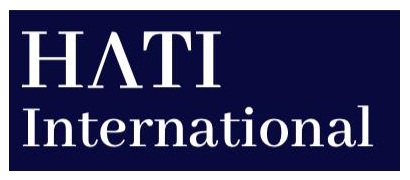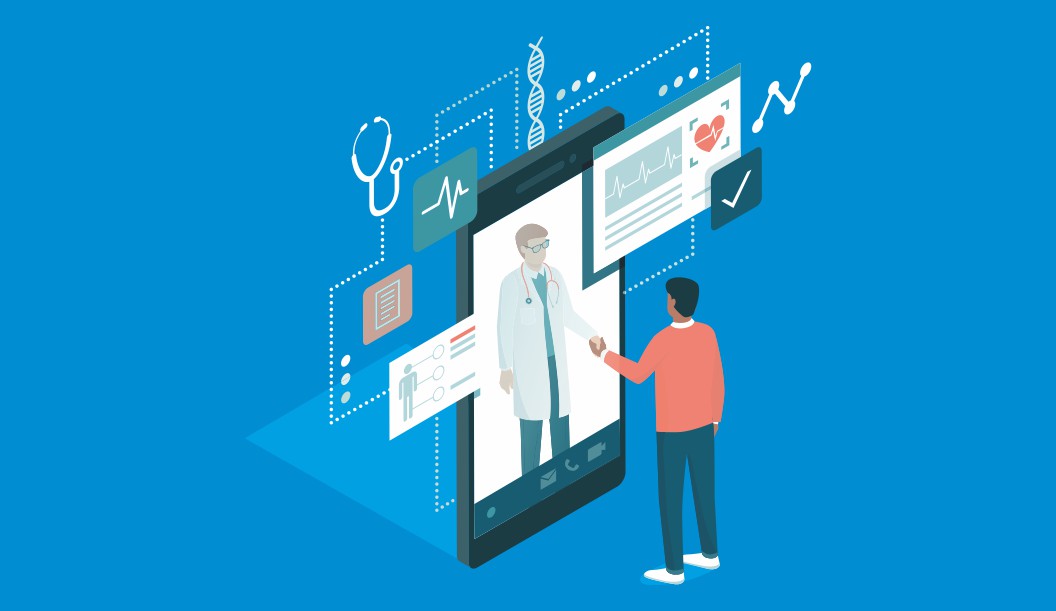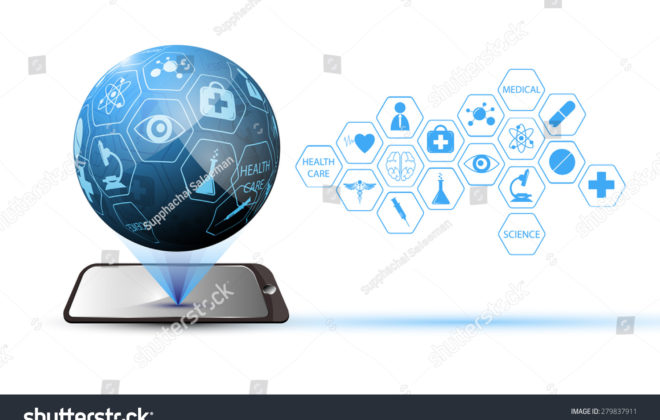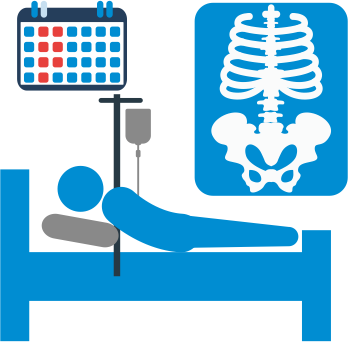How mHealth Is Transforming Doctor-Patient Engagement
The evolution of mobile technologies is transforming the way physicians engage with their patients. An increasing number of physicians today leverage smartphones, mobile apps, texts, and e-mails by incorporating them into their healthcare practices. With the use of smartphone solutions, today it’s possible for patients to get reminders for their appointments, renew their prescriptions and have shared access to their medical records. mHealth or mobile healthcare has helped consumers stay better informed about their health conditions and become technologically savvy and expect better health care outcomes.
mHealth has been increasingly used today to monitor a number of health conditions right from heart diseases, diabetes, insomnia, and asthma. Apart from healthcare monitoring and assisting in an early intervention, mHealth is boosting patient engagement by providing patients with quick and easy access to medical related information to avail of better treatment options.
Let’s take a look at some of the benefits of mHealth in healthcare and how it has helped in drastically improving communication between physicians and the patients.
mHealth and its growing importance in Healthcare management
According to PatientEngagement HIT studies, 66% of the patients are keen to incorporate mHealth and related technology into their treatment plans. Around 78% of patients prefer improved access to telehealth and mHealth related tools.
In this digital age, the usage of mobile and smartphone devices is changing the pattern of consumption of healthcare services and the way in which information is being accessed by patients and physicians. As a result, mHealth has become of primary significance. Mobile phones and wireless technology devices are increasingly used for educating patients about preventative healthcare and services. With mHealth, it’s possible for patients to get support for healthcare right from primary care to follow-up at any point of time and irrespective of their location. The main driving force behind the adoption of mHealth is convenience and easy accessibility of healthcare services for patients.
There are new mHealth and virtual care initiatives being used for increasing patient engagement and their satisfaction by matching their needs along with physician capabilities. This also helps in increasing patients’ access to healthcare services and systems and provides personalized communications using apps. The communication and information which is shared using mHealth apps are more relevant, targeted, and aim to support patients in different stages of their care.
Benefits of mHealth
So what are the key benefits of mHealth for doctors as well as patients? Let’s take a look
Helps monitor personal health data using smartphones and health apps
Mobile apps have tremendous possibilities for boosting healthcare and providing customers and healthcare professionals with vital health information. Besides, such apps also assist patients in managing their own health and ensure wellness along with promoting a healthy and active lifestyle. There is a significant increase in the number of patients downloading mobile health apps for tracking their physical activities now than ever before. Mobile fitness trackers for keeping track of fitness goals and activities with heart rate monitors for monitoring heart rate using smartphones along with medical prescription reminders through text notifications are some of the most commonly used applications of mHealth apps. The data collected by such mobile apps is shared with doctors which helps the doctors in better diagnosis.
Provides connected care before doctor’s visits
With the advent of wearable and mobile devices, physicians are able to have remote and continuous monitoring of their patients. These devices can be used to send real-time alerts to the physicians about the deteriorating and fluctuating health conditions of critically ill patients and take timely actions to avoid any risks and handle emergencies in a planned manner. The response time may be reduced using mHealth and it can help in saving the precious lives of many patients in this manner.
Better healthcare management for caregivers and family
Smartphones and electronic communication assist patients to receive bill, documents and other vital medical documents using mobile apps or via email. mHealth is also set to enhance electronic health records for collection and mobilization of data using smartphones. With greater preference of consumers for accessing health related information through mobile apps, this trend will continue to grow in the healthcare industry. Besides, mobile health app users are largely used by caregivers who can assist patients with chronic health conditions and provide them with timely assistance by connecting them with healthcare providers.
Different ways in which mHealth is empowering doctor patient engagement
mHealth is enabling patients to monitor their health on a regular basis, boost health awareness and acquire knowledge related to specific health diseases and related treatments. Doctors can use it for sharing personalized content, do interactive sessions and also do follow which eventually help in improving the health outcomes and offering an increased satisfaction to the patients with their treatment plan.
Here are a few ways through which mHealth is assisting in improving communication between physician and the patients:
Enriching patient experience
Today, patients expect quality care and better information about medical conditions and their treatment options. They also prefer easy and quick communication with their health care providers and mHealth is enabling patients to avail more personalized healthcare by having real-time connectivity with their doctors and care givers. Patients can also track their appointments and have follow-ups on the go. mHealth also offers rich and interactive apps that serve to educate the patients on chronic health conditions. Advanced features such as location-based services can provide them directions to the nearest pharmacy or hospitals in times of medical emergencies.
Improving healthcare outcomes
Point of care mobile apps such as medical simulators can help patients to understand their medical conditions along with mobile ePrescriptions that seek to provide timely approval for renewing prescriptions. Mobile patient dashboards are valuable tools that assist patients access the post-operative instructions of the surgeon at any time and quicken their recovery process. With the use of mobile healthcare monitoring devices, the vital statistics of the patients can be monitored remotely to prevent re-admission.
Boosting wellness and promoting healthy lifestyle
mHealth allows for an easy dissemination of information among the patients using health awareness campaigns, mobile videos, and through other forms of digital content. In addition, polls, surveys, and questionnaires can also be provided through mobile apps that help in creating greater health awareness among patients for leading a healthy life.
Conclusion
Digital advances made in healthcare will continue to change the way care is provided by healthcare providers to their patients and as the demand for mHealth continues to grow, new digital initiatives may have to be integrated into healthcare practices to ensure improved doctor patient engagement.




